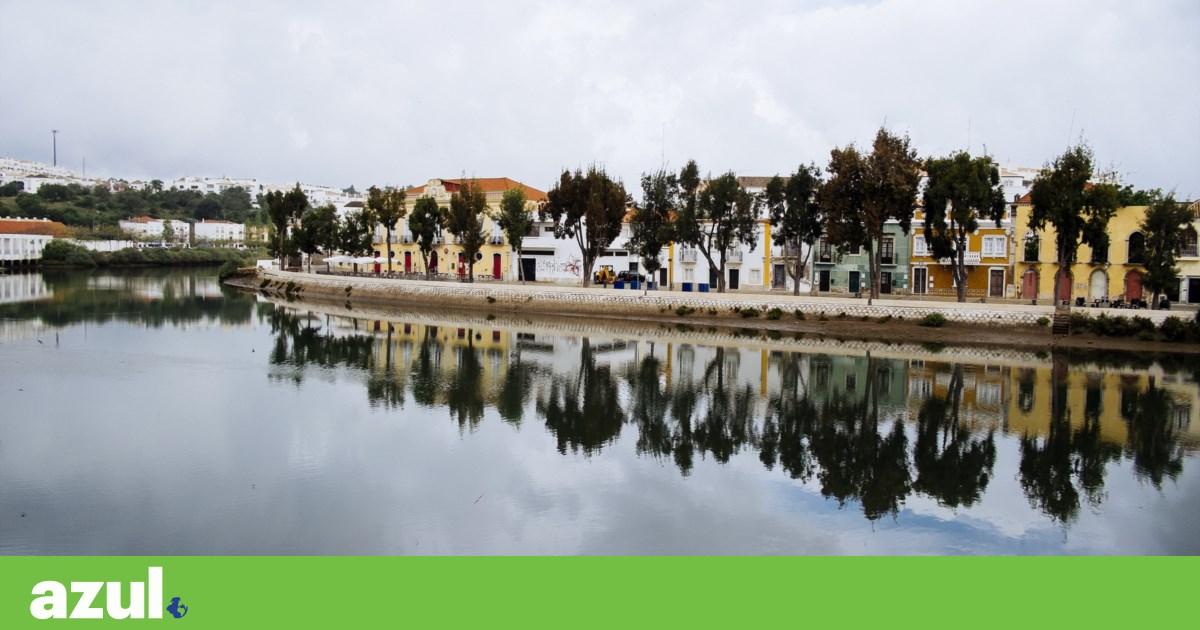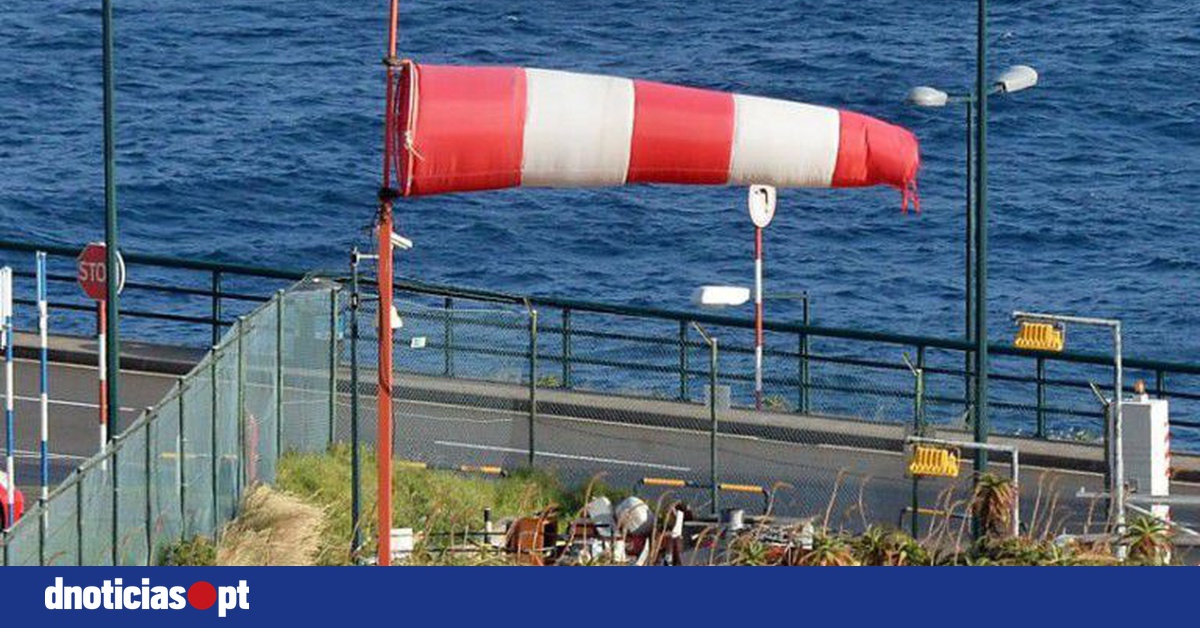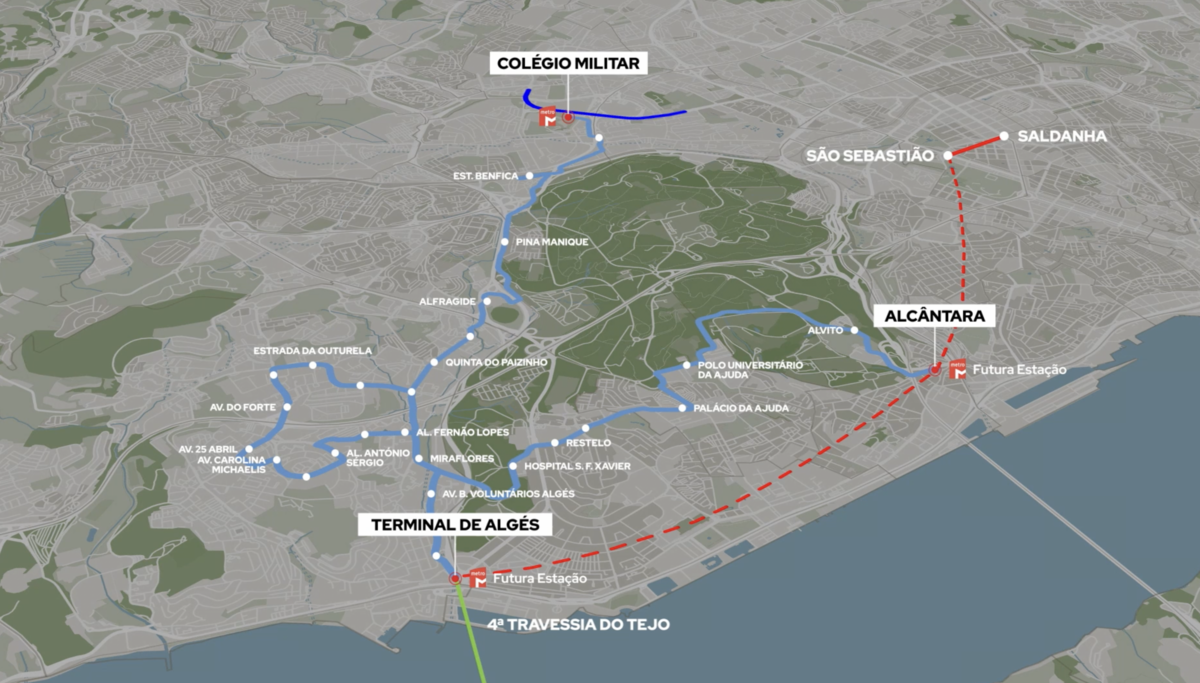Power Restoration and Ongoing Issues
Energy supply has been fully restored across Portugal, as reported by E-Redes, the electricity distribution manager. However, the impact of the blackout is still felt at Humberto Delgado Airport in Lisbon, where passengers are experiencing significant delays in baggage delivery.
Public transport, schools, and hospitals have resumed normal operations, yet baggage delivery remains unresolved for many passengers arriving in the capital without their luggage. Initially, the baggage service desk was closed this morning, leading to long waits for passengers, as confirmed by RTP on-site.
Passenger Support and Emergency Services
Many affected passengers have connecting flights or are in Lisbon for cruise departures. The Red Cross has set up a temporary support structure at the airport to assist stranded travelers.
Investigating the Blackout
In an interview with RTP, João Faria Conceição, an administrator at REN, acknowledged the need to understand the causes of the major blackout, stating that Portugal was unprepared for such an incident. He did not dismiss the possibility of a cyberattack, as suggested by Spanish authorities. He emphasized the necessity of clarifying the situation to evaluate future improvements.
Political Reactions
The Government has announced measures to investigate the blackout's origins and assess the response. The Prime Minister indicated that an independent audit will be requested to determine the causes and a technical committee will be formed to evaluate the resilience of essential services.
Luís Montenegro criticized the response to the blackout, noting that the Civil Protection only communicated with the public late on Monday night. The Secretary-General of the PS accused Montenegro's executive of failing in its management of the power failure, highlighting the need for better communication and protection of citizens during crises.
Leftist parties are calling for the recovery of the country’s energy sovereignty, with BE emphasizing that the nationalization of REN is now more crucial than ever.
Emergency Services Struggles
The Health Minister assured that no one was left without assistance during the blackout. However, she acknowledged that there are lessons to be learned, particularly regarding the energy autonomy of hospitals. The National Institute of Medical Emergency (INEM) also faced challenges during the blackout, with reports of over 400 emergency calls going unanswered.
Wider Impact and Compensation
The blackout affected not only Portugal but also Spain, with estimates suggesting that over 60 million people were impacted. The European Commission described the incident as the most severe in Europe in nearly two decades. The Spanish government is investigating the causes, including the possibility of a cyberattack.
According to estimates from the Spanish news agency EFE, the blackout could lead to insurance claims amounting to €300 million in Spain, with a smaller fraction expected in Portugal. The DBRS agency noted that while it's difficult to estimate insured losses currently, they expect significant claims related to residential, commercial, travel, and business interruption insurance.
Historical Context
This incident marks one of the most severe power outages in history, reminiscent of the 2003 blackout in Italy, which left 56 million people without electricity. The European Commissioner has pledged support for both countries and announced a thorough investigation into the causes to prevent future occurrences.



























Comments
Join Our Community
Sign up to share your thoughts, engage with others, and become part of our growing community.
No comments yet
Be the first to share your thoughts and start the conversation!